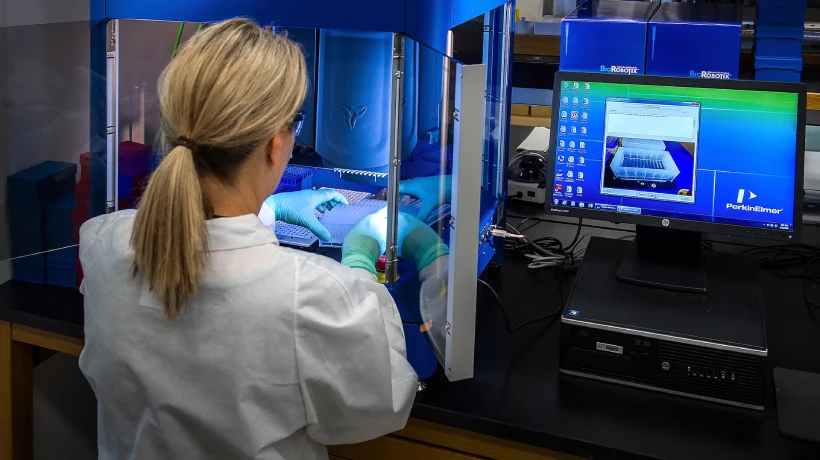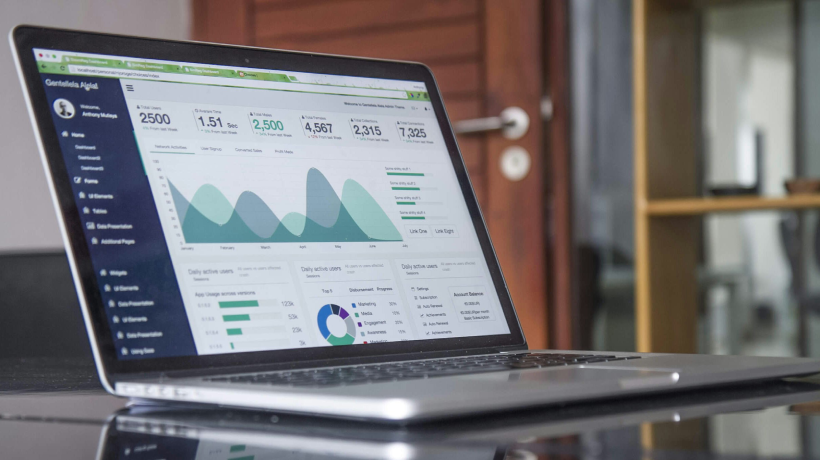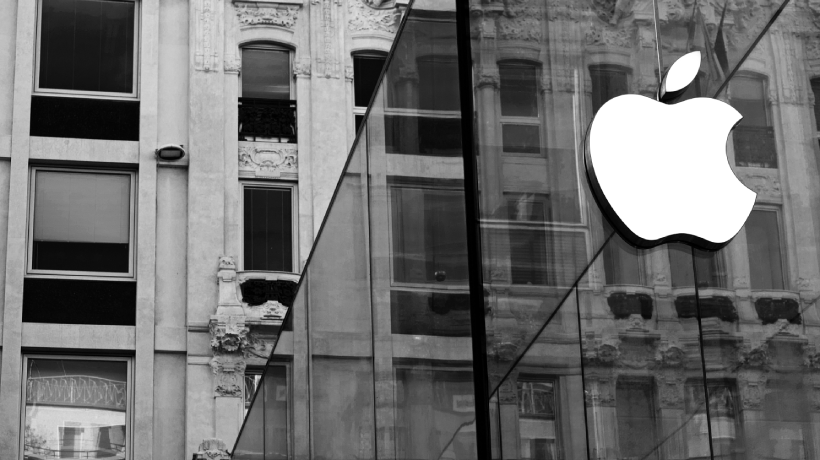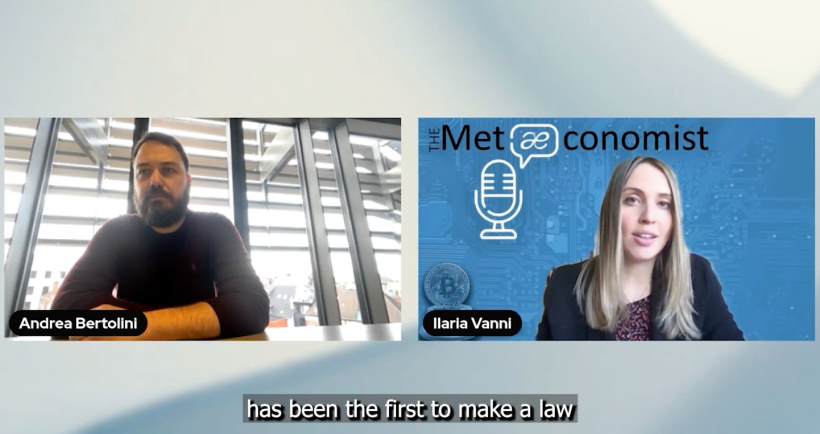
BLOCKCHAIN HEALTHCARE SYSTEM - Distributed Ledger Technology (DLT) technologies like blockchain are for many still a mysterious reality. How mysterious are their possible applications? It is very challenging to be able to list all the areas that can benefit from distributed and decentralized registers.
Though, perhaps, it can be simplified by stating that blockchain and all similar technologies are exceptionally suited areas where there is a need to exchange sensitive information. This is especially true for individual profiles which could have multiple accesses and the privacy of the individual must be ensured as well as the total absence of manipulation of dati. Thus, the healthcare system is an excellent candidate for blockchain integration.
We start by saying that the application of blockchain in the health system brings benefits both to the patient and to those in charge of the care of the sick, whether it is a health or pharmaceutical subject. In fact, the systems of the most famous blockchain guarantee the patient privacy and at the same time allow the sharing of data with third parties who need to view, validate and analyze them.
Third parties may specifically be doctors, healthcare professionals, pharmaceutical companies and pharmacies. But there is more, the blockchain could also allow the patient himself easier and more understandable access to their data.
Take the example of Italy. In the European peninsula, the exchange of patient information between one healthcare facility and another - at the same level and openness, for example two state hospitals - is very complicated. We are not talking about only hospitals in diametrically distant regions, but also in the province itself.
This is because very often each structure benefits from different management systems that do not interface with each other. This complicates the passage of information which on paper should be very simple. In addition, even when operating systems are the same, one has to deal with the more intricate bureaucratic procedures of the Minotaur labyrinth created to safeguard the patient’s privacy.
At the same time, it is not easy for patients to get their own medical records. For some years now, the online health file has been active, where it is “theoretically” possible to have access to all one’s own clinical history and present, but in reality this is not the case.
Let’s go more specifically and see what the benefits and some examples of the application of blockchain in the healthcare system could be.
On an economic level, a research published on global market research based on data provided by the consulting firm Global market insights, reveals that the healthcare market, with the introduction of the blockchain will be worth up to 1.6 billion by 2025. According to the research, aided by this increase in value will be in particular the contribution of governments that have always been committed to encouraging the use of increasingly advanced technologies among doctors, researchers, pharmaceutical companies and health care providers.
What we have seen so far seems to be theoretical advantages, but not yet applied in reality. In fact, little is. But there are healthcare companies and companies that have begun to integrate their systems with blockchain. One of them is PharmaLedger.
PharmaLedger is a project that brings together 12 global pharmaceutical companies and 17 public and private entities. Including technical, legal, regulatory, academic, research and patient representative organisations. The project involves the creation of a scalable blockchain platform validated through reference use cases in the supply chain, exchange of health data on the market and clinical trials. The goal of the project is to provide a widely reliable platform that supports the design and adoption of blockchain-enabled healthcare solutions, accelerating the delivery of innovation for the benefit of the entire ecosystem, from manufacturers to patients.

Viola Meacci, student of Biomedical Engineering at the University of Pisa, has always been interested in the world of journalism. In her job, she explored the world of blockchain, cryptocurrencies, NFT and metaverse which she now very is passionate about it .





